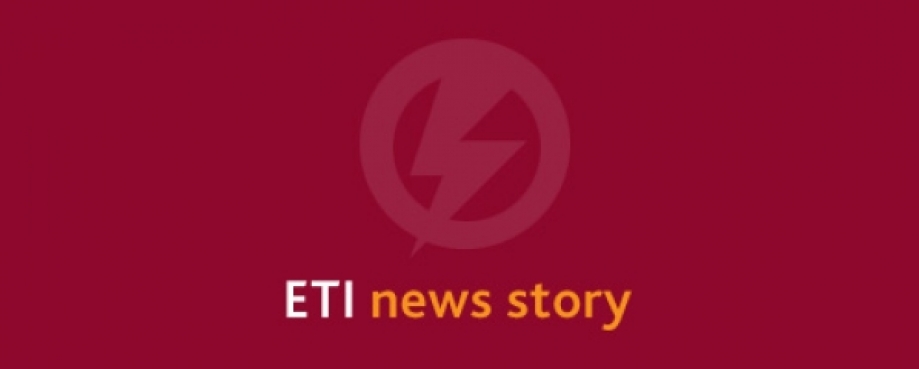
Last night’s ‘Exposure: Fashion Factories Undercover’, broadcast on ITV, was challenging viewing. The one hour documentary took viewers behind-the-scenes within several Bangladesh garment factories, with hidden cameras capturing truly shocking labour rights abuses.
Since the Rana Plaza collapse last April, the world’s spotlight has been firmly focused on Bangladesh’s garment sector and the labour rights issues that plague it. But it is one thing to know these issues exist and quite another to see the evidence in the form of undercover footage. The hidden cameras captured appalling incidents of workers (in the most part young women) being physically and verbally abused by supervisors and managers. Other issues included allegations of child labour, fire exits padlocked shut, unsafe buildings, excessive working hours and workers being coached on how to act during an audit.
Difficult viewing it might be, but programmes like Exposure play a vital role in illuminating tough issues, such as labour rights abuses. Fashion Factories Undercover reiterated the need not only for a change in health and safety standards but in wider labour practices across Bangladesh’s sector. While there are examples of good practice in Bangladesh factories, last night’s episode highlighted that there is still a long way to go for the sector as a whole. A cultural shift must happen in order to address endemic abuse and discrimination and international brands must play a role in this. It is morally unacceptable that workers should spend their working hours in terror and fear, without safe channels for reporting discrimination and abusive behaviour.
The challenge is enormous, but not insurmountable. We believe the Bangladesh Accord and the International Labour Organisation’s programme offer the right framework for improving working conditions. But success is contingent upon the continued engagement of all players including global brands and retailers, trade unions and NGOs as well as the Bangladesh government, local industry and local employers associations. ETI and our members pledge our continued support to drive real and sustainable change for Bangladesh’s garment sector workers.
